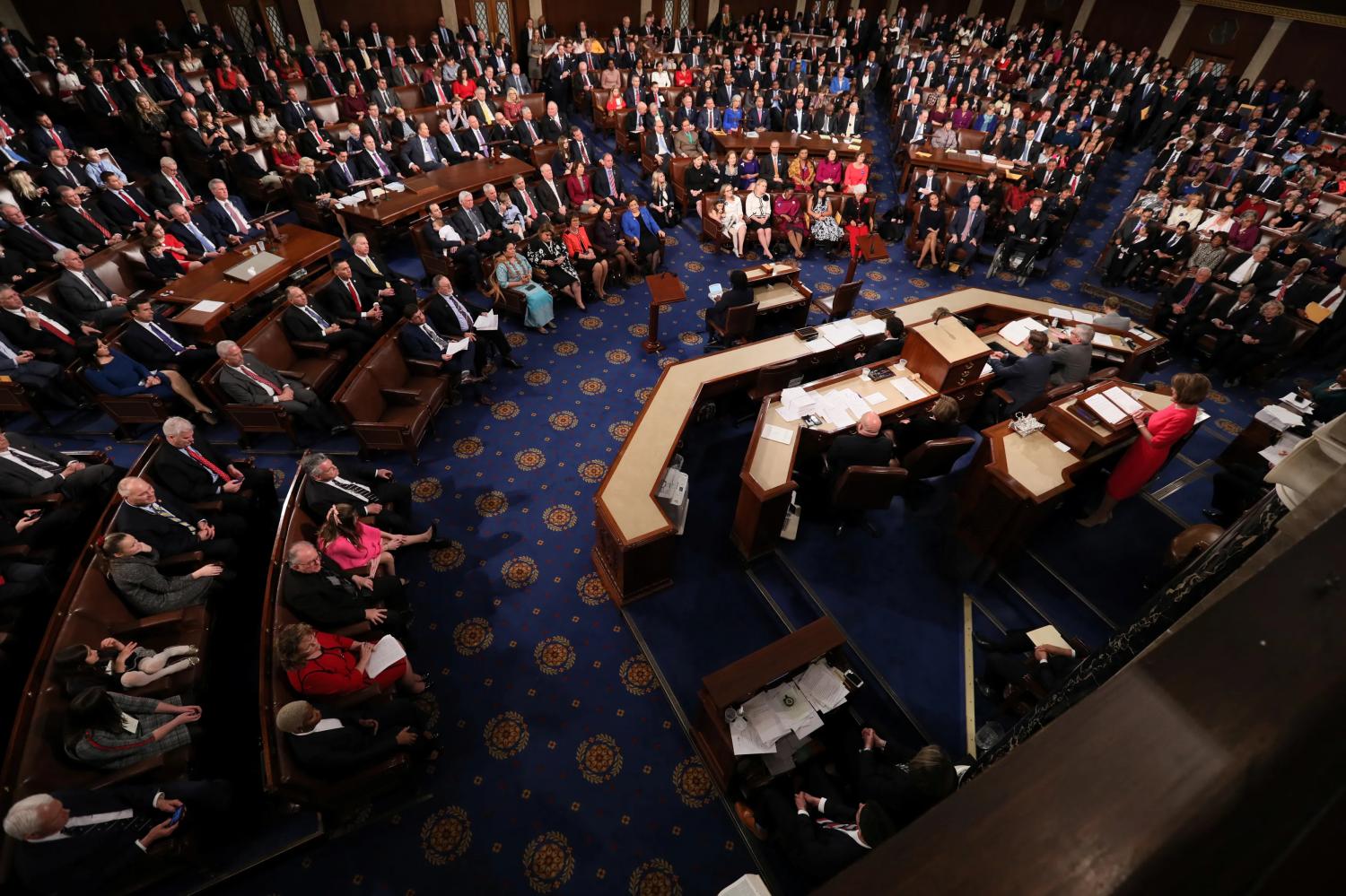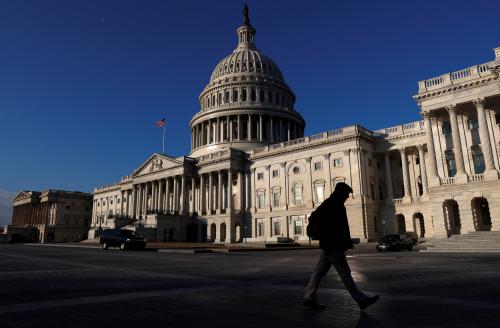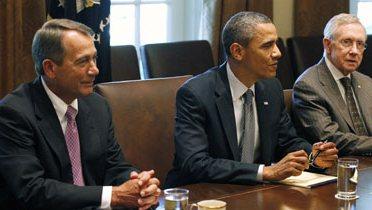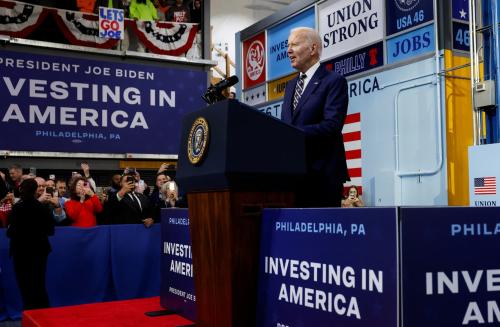The return of divided government and the early stages of the next presidential election create enormous uncertainty about how 2019 will go. As Yogi Berra (among others) once said, “the future ain’t what it used to be.”
In the case of federal tax and budget policy, this means that looking to the past for insights about the future may not be all that helpful. In theory, split government is an ideal time for legislators to compromise on big issues. Compromise involves sacrifices by both sides, and with divided government, politicians of each party can blame the other side for legislative items that they know need to be included, but that their constituents may not like. But in these polarized times, it is quite possible that lawmakers will double down on partisan positions and the familiar gridlock will prevail. A quick tour of major tax and fiscal issues shows how varied the outcomes could be:
The shutdown
In December 2018, the president threatened a partial government shutdown over funding for the creation of a wall along the U.S.-Mexico border and Congress could not pass a spending plan that met the President’s demands. The early public sentiment is that most of the blame for the resulting shutdown falls on Republicans, who controlled both chambers of Congress and the White House through the end of 2018. Indeed, the president initially said that he would “own” the issue. With Democrats controlling the House starting in 2019, the president has sought to blame Democrats for the shutdown. But House Democrats maintain that their first order of business will be passing legislation that would reopen the federal government. How long the shutdown lasts and how it gets resolved will be a key indicator about the direction of fiscal policy for the rest of the year.
The debt limit
The government will again run up against the debt limit when the temporary suspension in the Bipartisan Budget Act of 2018 expires in March (though the Treasury Department can use what are termed “extraordinary measures” to limit debt issuance and delay the impact of the debt limit by a few months). In recent years, debt limit debates have proven vitriolic and hyperbolic, with some conservative commentators suggesting that the government be allowed to default. The possibility of blaming political opponents after setting up a potential default could be particularly tempting for the president.
The deficit
Deficits exceeding $1 trillion per year are on the horizon, even if the economy stays strong. Federal receipts as a share of GDP are low in historic terms (estimated to be 16.7 percent for 2018 compared to the prior 40-year average of 17.4 percent) and are far from what is needed to finance our current spending needs. The last time the budget was balanced, in the late 1990s and very early 2000s, federal revenues were 19-20 percent of GDP, and with an aging population, demand for public services is only increasing. The prevailing opinion in Congress and the White House seems to be “we’ll worry about the budget deficit later.” We are all waiting for something to draw legislators’ attention to this issue.
Message bills versus compromise
The new Congress may focus on either “message bills” or on legislation that has a chance to become law. Message bills entail sweeping concepts and values-focused issues. For the Democratic House, this could mean Medicare-for-All, universal basic income, or vastly increasing work-based tax credits. These would be funded through higher taxes on corporations and those with high wealth and income, largely reversing provisions of the Tax Cuts and Jobs Act (TCJA). In the Republican Senate, message bills would include extending the expiring provisions in TCJA, further lowering taxes on corporations, cutting capital income taxes, permanently repealing taxes introduced in the Affordable Care Act (ACA), or passing a balanced budget amendment. Message bills would help each party establish a national platform in the run-up to the 2020 presidential election, but they could only pass in one chamber of Congress.
The bigger picture
Of course, there are plenty of caveats to keep in mind. Democrats’ investigation of the Trump Administration could slow the progress and implementation of legislation, as could inconsistent administration positions or efforts to push through controversial nominees. A slowing economy, or even one that simply falls short of growth estimates, could increase partisan tensions and hamper congressional action. A trade war or military action would naturally obstruct other significant legislative progress. Indeed, there is a good chance that tax and fiscal issues will simply get overshadowed by other issues and the larger context of political divisiveness.
The Brookings Institution is committed to quality, independence, and impact.
We are supported by a diverse array of funders. In line with our values and policies, each Brookings publication represents the sole views of its author(s).











Commentary
Congress in 2019: What’s ahead for tax and fiscal policy?
January 1, 2019